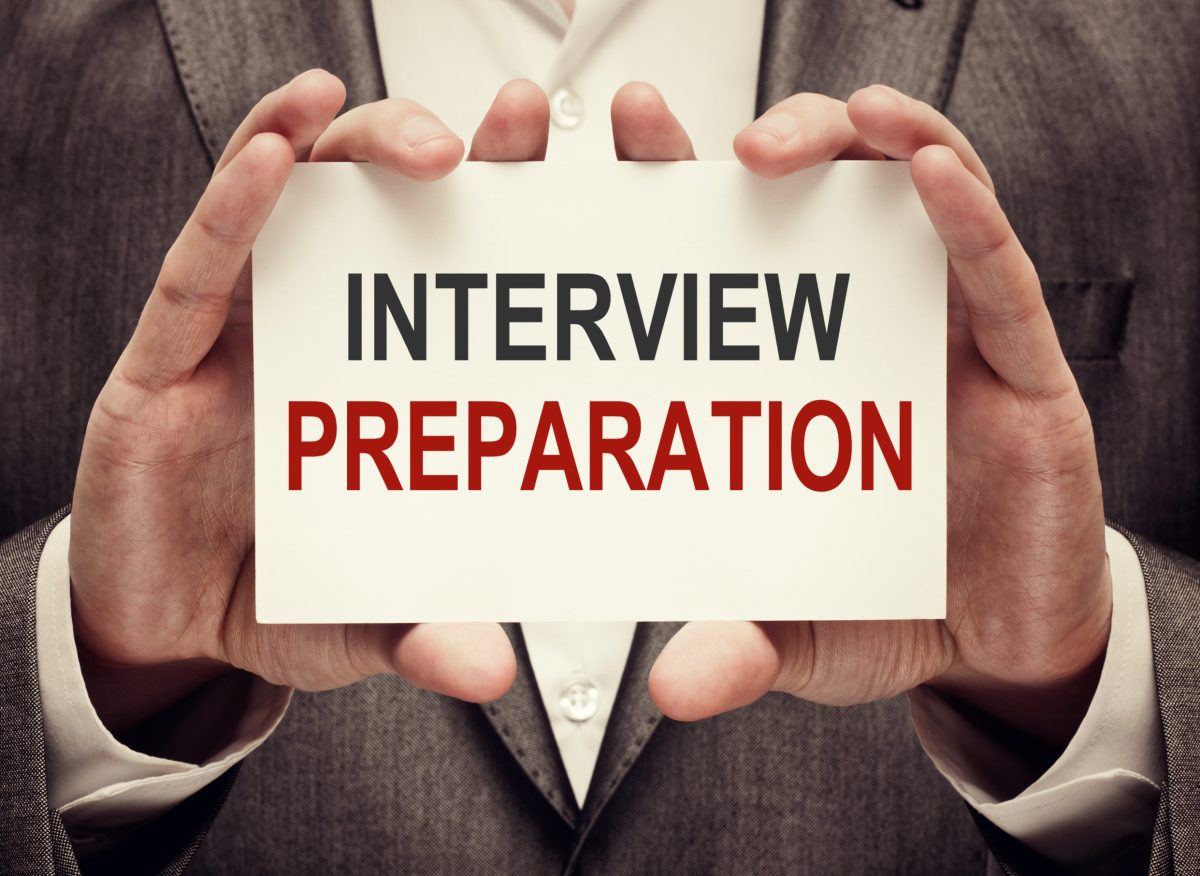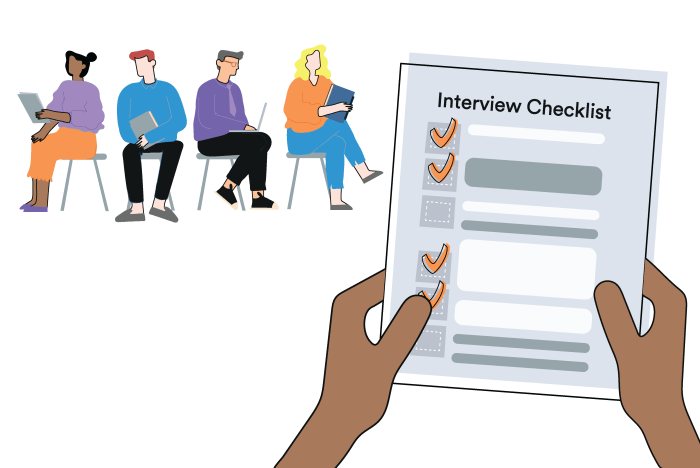Job Interview Preparation: Get ready to impress with your skills and confidence! From researching the company to nailing common interview questions, this guide has got you covered.
Dressing to impress and mastering body language can make all the difference in landing your dream job. And don’t forget the importance of mock interviews to polish your performance. Let’s dive in!
Importance of Job Interview Preparation
Job interview preparation is key, ya know? It’s like your chance to shine and show ’em what you got. It’s all about putting your best foot forward and making a killer impression, straight up.
Boosting Confidence and Reducing Anxiety
When you prep for a job interview, you ain’t just studying up on the company and practicing your answers. Nah, you’re also boosting your confidence and calming those nerves. You walk in knowing you’re ready to crush it, no doubt.
Researching the Company

Researching the company before a job interview is crucial to show your interest, preparedness, and alignment with the organization’s goals. It allows you to tailor your responses, ask relevant questions, and demonstrate your knowledge during the interview.
Importance of Researching the Company
- Visit the company’s website to understand its products, services, and industry.
- Check out recent news articles, press releases, and social media posts to stay updated.
- Look into the company’s culture, values, and mission statement to align your answers accordingly.
- Research the key players in the organization to have a better understanding of the company’s hierarchy.
Benefits of Understanding Company Values and Mission
- By knowing the company’s values, you can highlight how your own values align with theirs.
- Understanding the mission helps you connect your skills and experiences to contribute meaningfully to their objectives.
- It shows the interviewer that you are genuinely interested in the company and committed to its success.
Common Interview Questions: Job Interview Preparation

When preparing for a job interview, it’s essential to anticipate common questions that may be asked by the interviewer. Practicing responses to these questions can help you feel more confident and prepared on the big day.
Behavioral Questions
- Can you tell me about a time when you had to work under pressure?
- Describe a situation where you had to resolve a conflict within a team.
- How do you handle failure and what did you learn from it?
Practicing responses to behavioral questions can help you showcase your skills and experiences effectively.
Situational Questions
- If you were faced with a tight deadline, how would you prioritize your tasks?
- How do you handle a situation where you disagree with a coworker’s idea?
- What would you do if a project you were leading was falling behind schedule?
Structuring your responses with the STAR method (Situation, Task, Action, Result) can help you provide clear and concise answers to situational questions.
Technical Questions
- Can you walk me through a project where you utilized [specific skill relevant to the job]?
- How would you troubleshoot [specific technical issue relevant to the job]?
- What programming languages/tools are you proficient in and how have you used them in previous roles?
Preparing examples and explanations for technical questions can demonstrate your expertise and qualifications for the position.
Professional Attire and Body Language
When it comes to job interviews, first impressions matter a lot. Professional attire and positive body language can play a significant role in how you are perceived by potential employers.
Impact of Professional Attire, Job Interview Preparation
Wearing appropriate professional attire shows that you are serious about the job and respect the company’s culture. It can help you appear more confident and competent, setting a positive tone for the interview.
- Dress formally for corporate or office-based jobs, such as wearing a suit, dress shirt, and tie.
- For creative or casual environments, opt for business casual attire like slacks or a skirt with a blouse.
- Avoid wearing overly casual or revealing clothing, as it may give off the wrong impression.
Importance of Positive Body Language
Body language can convey a lot about your personality and attitude without saying a word. Employers often pay attention to non-verbal cues during interviews, so it’s crucial to maintain positive body language throughout.
- Make eye contact to show engagement and confidence.
- Offer a firm handshake to demonstrate professionalism.
- Sit up straight to appear attentive and interested.
- Smile genuinely to show enthusiasm and friendliness.
Mock Interviews
Mock interviews are a crucial part of job interview preparation as they provide a simulated experience that helps you practice and refine your responses. By conducting mock interviews, you can gain valuable feedback, improve your communication skills, and boost your confidence.
Benefits of Mock Interviews
- Allows you to practice answering common interview questions.
- Helps you become more comfortable and confident in interview settings.
- Provides constructive feedback on your responses and body language.
Identifying Areas for Improvement
- Mock interviews help pinpoint weaknesses in your answers or communication style.
- Feedback from mock sessions can highlight areas where you need to improve your knowledge or skills.
- Identifying these areas early on allows you to work on them before the actual interview.
Simulating a Real Interview Environment
- Choose a quiet and professional setting for your mock interview.
- Dress in professional attire to create a realistic interview atmosphere.
- Practice maintaining eye contact, good posture, and a confident demeanor.
